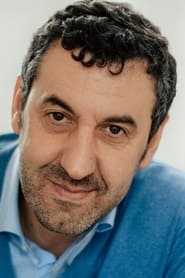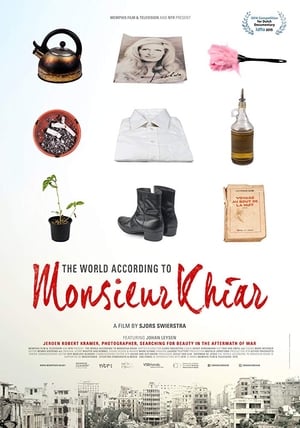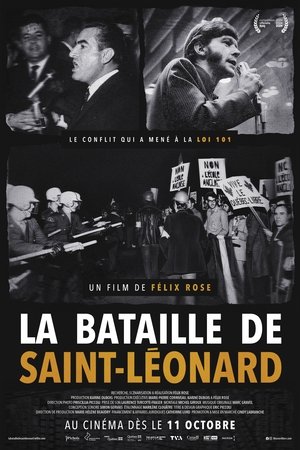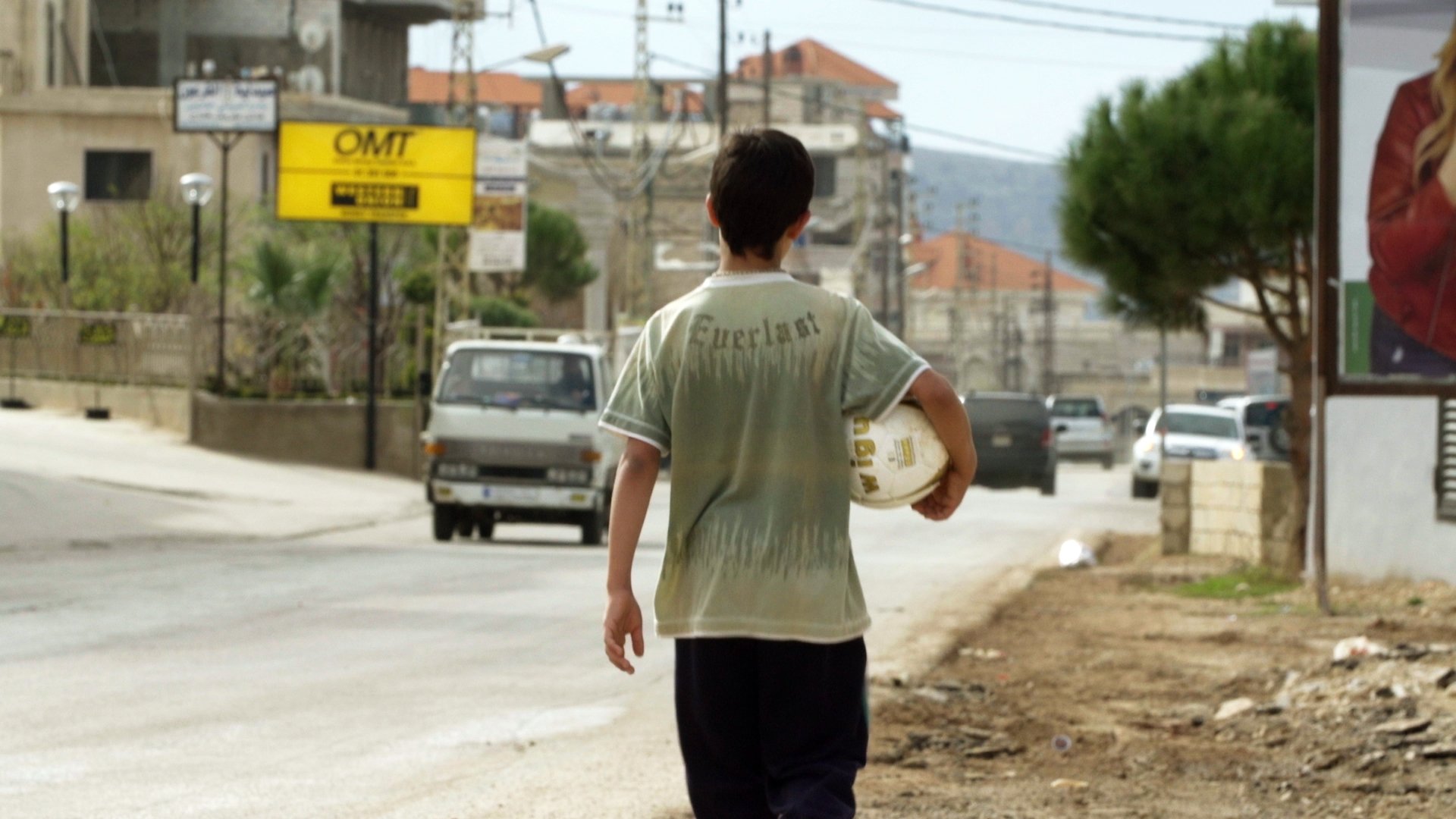
Khawla's Goal
Top 2 Billed Cast
Herself
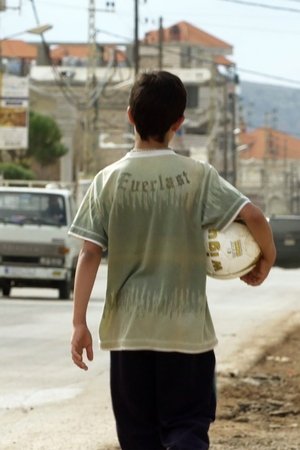
Khawla's Goal
HomePage
Overview
Release Date
Average
0
Rating:
0.0 startsTagline
Genres
Languages:
العربيةEnglishFrançaisDeutschKeywords
Similar Movies
 8.0
8.0Burn, Baby, Burn! - Wie Aerobic die Welt zum Schwitzen brachte(de)
The saga of fitness, which exploded in the 1980s and contributed, in its own way, to liberating women's bodies.
 7.0
7.0Land Without Bread(es)
An exploration —manipulated and staged— of life in Las Hurdes, in the province of Cáceres, in Extremadura, Spain, as it was in 1932. Insalubrity, misery and lack of opportunities provoke the emigration of young people and the solitude of those who remain in the desolation of one of the poorest and least developed Spanish regions at that time.
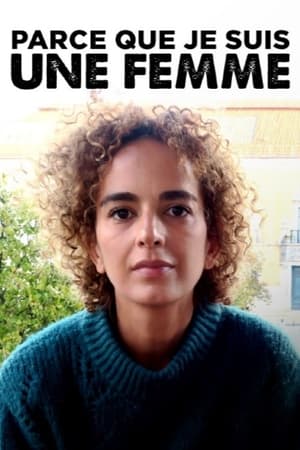 9.0
9.0Feindbild Frau(de)
Women are sexually insulted and threatened by men every day. Experts around the world are registering an anti-feminist backlash that seems to be on the verge of becoming socially acceptable. Particularly affected: women in publicly visible positions – such as politicians, actresses or entrepreneurs. Who is behind the attacks and what are the motives?
 7.6
7.6Caudillo(en)
Caudillo is a documentary film by Spanish film director Basilio Martín Patino. It follows the military and political career of Francisco Franco and the most important moments of the Spanish Civil War. It uses footage from both sides of the war, music from the period and voice-over testimonies of various people.
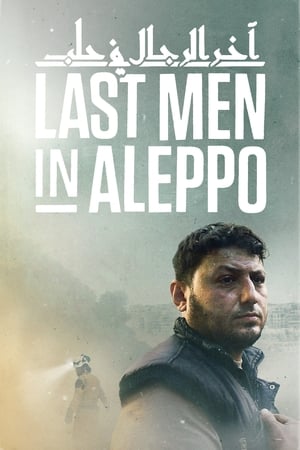 6.9
6.9Last Men in Aleppo(da)
Winner of the Grand Jury Documentary prize at the Sundance Film Festival, Syrian filmmaker Feras Fayyad’s breathtaking work — a searing example of boots-on-the-ground reportage — follows the efforts of the internationally recognized White Helmets, an organization consisting of ordinary citizens who are the first to rush towards military strikes and attacks in the hope of saving lives. Incorporating moments of both heart-pounding suspense and improbable beauty, the documentary draws us into the lives of three of its founders — Khaled, Subhi, and Mahmoud — as they grapple with the chaos around them and struggle with an ever-present dilemma: do they flee or stay and fight for their country?
 7.1
7.1Fahrenheit 9/11(en)
Michael Moore's view on how the Bush administration allegedly used the tragic events on 9/11 to push forward its agenda for unjust wars in Afghanistan and Iraq.
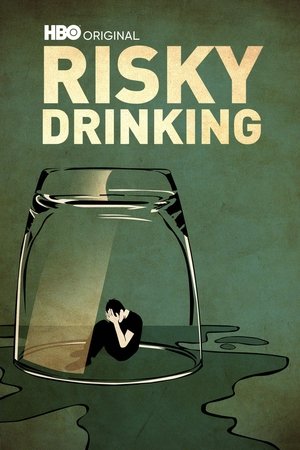 7.3
7.3Risky Drinking(en)
Are you a risky drinker? Nearly 70% of American adults drink alcohol and nearly 1/3 of them engage in problem drinking at some point in their lives. Produced with The National Institute of Alcohol Abuse and Alcoholism (NIAAA), Risky Drinking is a no-holds-barred look at a national epidemic through the intimate stories of four people whose drinking dramatically affects their relationships.
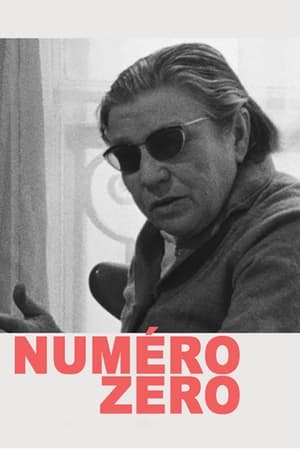 9.5
9.5Numéro zéro(fr)
A family portrait in which the director profiles his grandmother, Odette Robert. Eustache includes in the film the conditions of its production — he is seated at the table with her, pours her some whiskey, speaks with the camera operator, manipulates the clapboard at the head and tail of the reels, and even takes a phone call. Robert, who was seventy-one, speaks rapidly and tells the story of her life, starting from her early childhood in villages in the Bordeaux region of France. A shorter version of the film ("Odette Robert") was edited in 1980 to be broadcast on television on TF1. The complete film only gained exposure in 2002, when it was salvaged by Boris Eustache, Thierry Lounas, João Bénard da Costa, Jean-Marie Straub, and Pedro Costa.
 7.0
7.0The Sound of Identity(en)
In the spotlight of global media coverage, the first transgender woman ever to perform as Don Giovanni in a professional opera, makes her historic debut in one of the reddest states in the U.S.
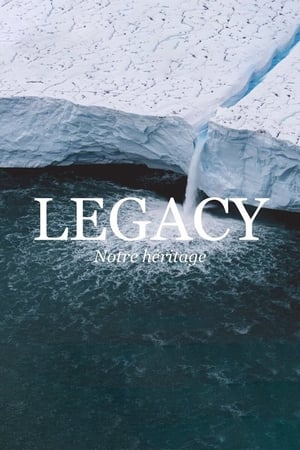 8.1
8.1Legacy(fr)
Ten years after the film Home (2009), Yann Arthus-Bertrand looks back, with Legacy, on his life and fifty years of commitment. It's his most personal film. The photographer and director tells the story of nature and man. He also reveals a suffering planet and the ecological damage caused by man. He finally invites us to reconcile with nature and proposes several solutions
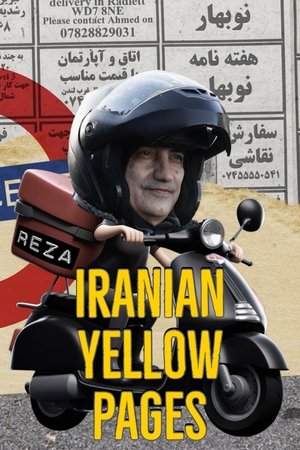 10.0
10.0Iranian Yellow Pages(en)
Striving to build a successful life in London, Reza places an ad in a peculiar newspaper and discovers the Iranian community hidden in plain sight. Winner of the Netflix Documentary Talent Fund.
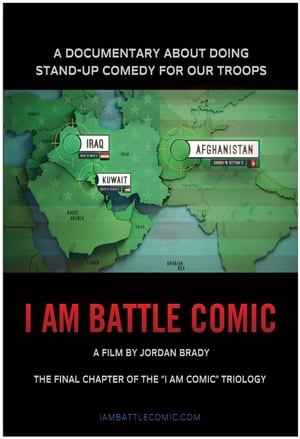 9.0
9.0I Am Battle Comic(en)
A comedy documentary about performing stand-up comedy for U.S. Troops stationed in Afghanistan, Kuwait and Iraq. Heartfelt interviews with top professional comedians are woven in with filmmaker Jordan Brady's first-hand experience going to the Middle East. While traveling (Spring 2016) brutal terrorist attacks in Brussels, Turkey and Iraq remind us of the dangers in thew world, and underscore the mission to provide laughter for the men and women serving the military.
Black Mold Exposure(en)
Black Mold Exposure explores the bizarre illnesses associated with exposure to toxic mold and the film participants' difficult task of regaining their health and lives in an atmosphere of political and social intolerance and disbelief. Black Mold Exposure is a first-ever look into the lives of those claiming to be ill from mold and the controversial and volatile climate surrounding it.
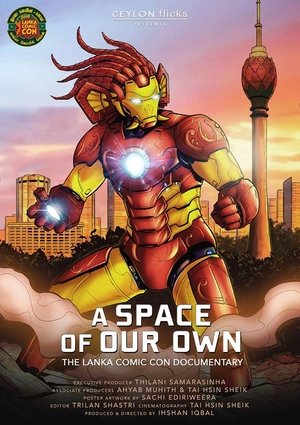 10.0
10.0A Space of Our Own - The Lanka Comic Con Documentary(en)
A Documentary about the Lanka Comic Con, history of how it started, and its community.
